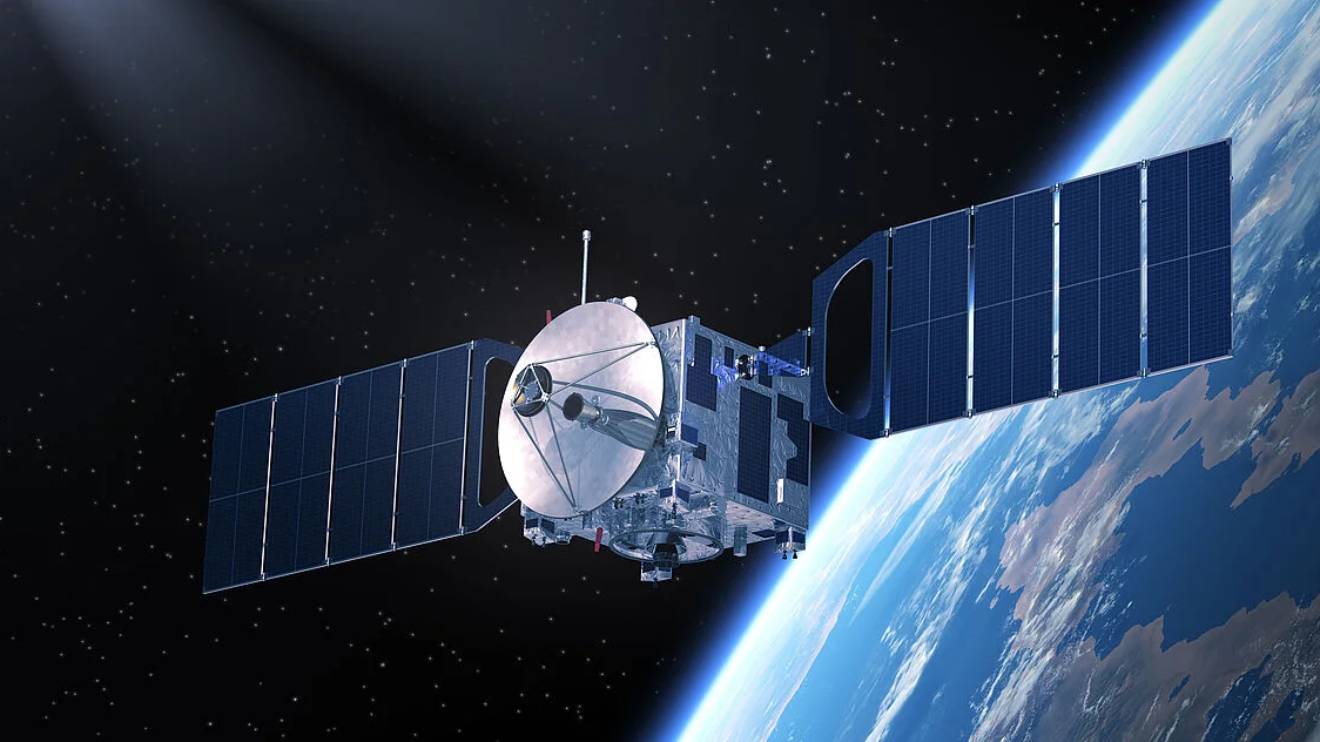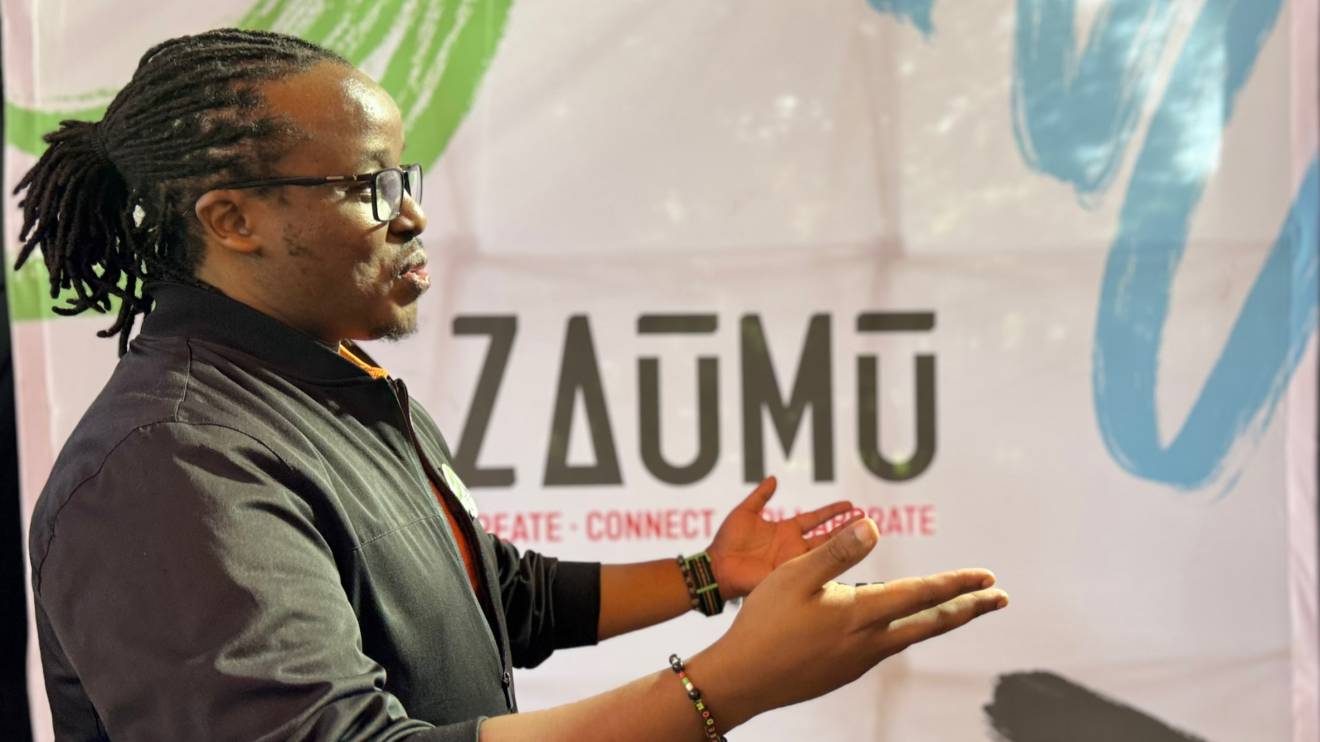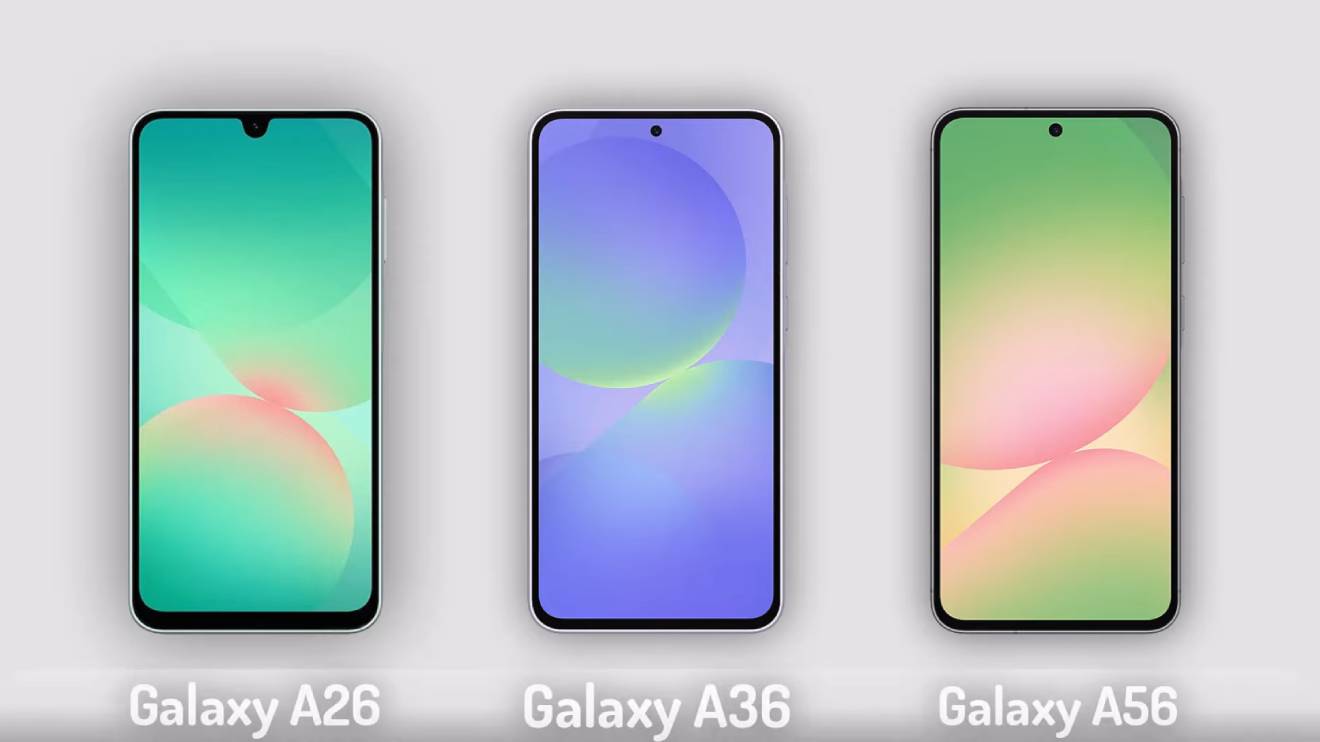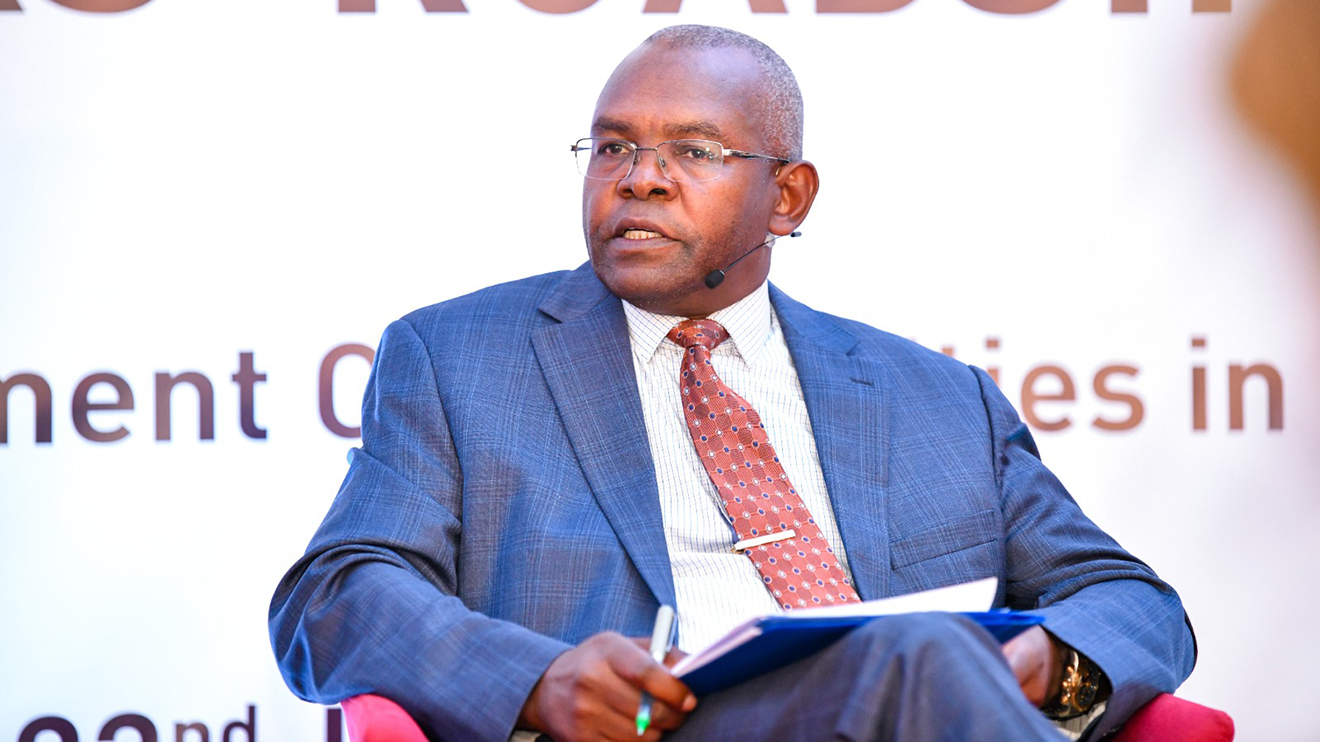Kenya has announced plans to raise licence fees for satellite communication service providers, targeting major companies like Starlink, an American satellite internet firm.
This move, outlined in proposals from the Communications Authority of Kenya (CA), seeks to increase the cost of Satellite Landing Rights (SLR) licences and introduce annual operating fees, marking a significant shift in Kenya's telecommunications regulatory framework.
According to the proposals, the initial fee for SLR licences is set to rise from $12,500 (approximately Sh1.6 million) to Sh15 million.
Additionally, the CA plans to impose an annual operating fee of Sh4 million or 0.4 per cent of a company’s annual gross turnover, whichever amount is higher.
These recommendations are part of the Review of the Telecommunications Market Structure 2024, a document released in December for public input.
Read More
Stakeholders have until January 23 to submit their comments on the proposed regulations, which are expected to come into effect in the 2025/2026 financial year.
Addressing market barriers
The CA defended the proposed changes, stating they aim to eliminate obstacles to market entry and operations.
“The review is meant to address and remove ‘certain market entry and operational barriers identified over time,’” the regulator explained.
Notably, the proposals seek to merge the existing Submarine Cable Landing Rights (SCLR) licence, granted to companies laying submarine cable systems, with the SLR licence.
The result would be a new category, the Landing Rights Licence (LRL), which would apply to those setting up terrestrial cables transiting through Kenya, satellite hubs exclusively serving clients outside Kenya, and other satellite services such as telemetry, space research, and meteorological aids.
“This change aims to ensure technology neutrality and allow investors to land signals using any technology. Furthermore, this new Licence category will expand its scope to accommodate investors,” the CA stated.
A 15-year licence term
Under the new framework, companies will also pay a Sh5,000 application fee for the LRL, which will have a 15-year validity.
The proposals come amidst ongoing debates about the impact of satellite internet on Kenya's existing telecommunications market.
Safaricom and other players have raised concerns about the potential disruption caused by new satellite internet entrants.
The CA's push for higher fees and broader licence categories could reshape the satellite and telecommunications landscape in Kenya.
However, as the public scrutiny period continues, the response from industry stakeholders will likely shape the final form of the regulations.




-1744198004.jpg)


-1743198718.jpg)



